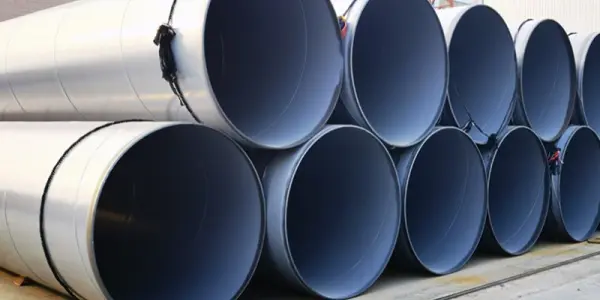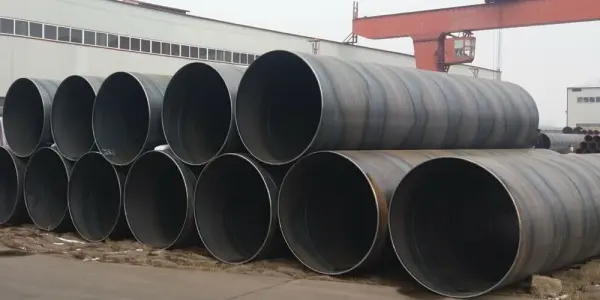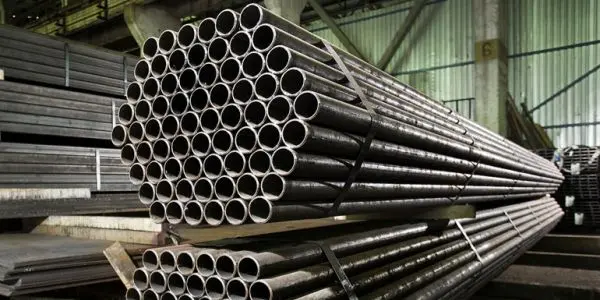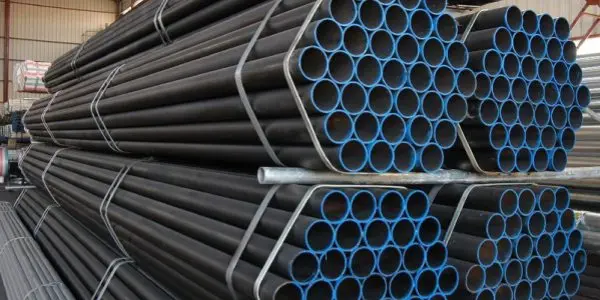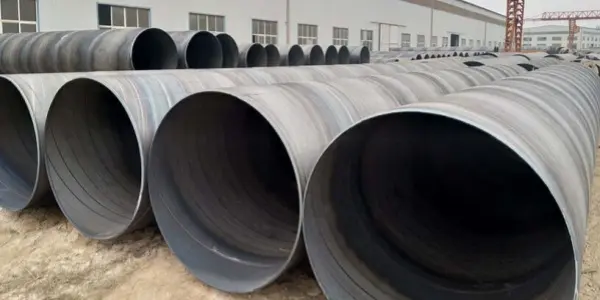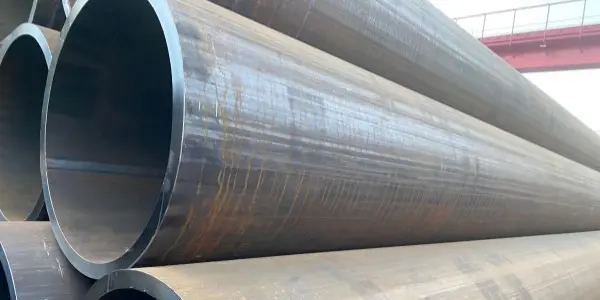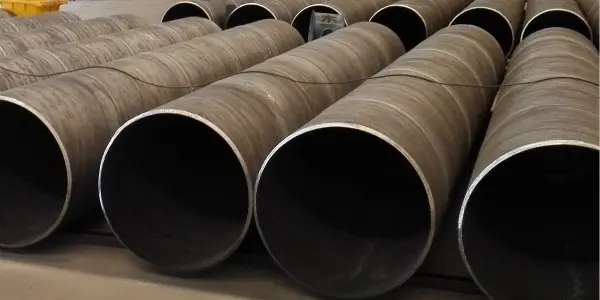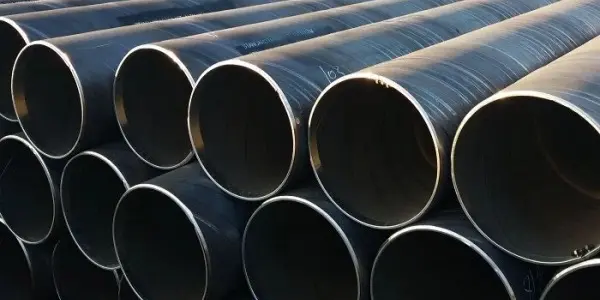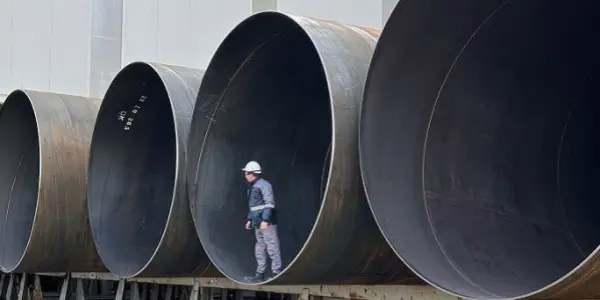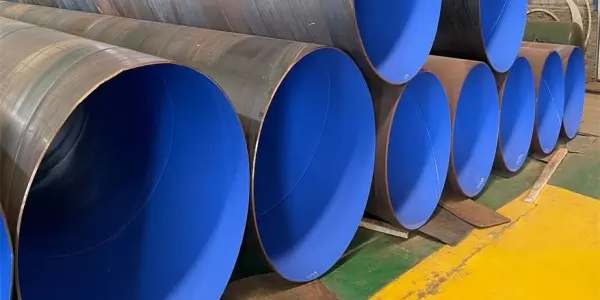-
DN1000 large diameter anti-corrosion SSAW steel pipe
In pipeline engineering, the DN1000 large-diameter anti-corrosion SSAW steel pipe is a key material with significant potential for widespread use. Here's an overview of the DN1000 large diameter anti-corrosion SSAW steel pipe.
Read More
-
The influence of metal elements in the production of SSAW steel pipe
What is the influence of metal elements in the production of SSAW steel pipe? Next, we will give you an introduction.
Read More
-
Do carbon steel pipes need to be painted when used in high-temperature systems?
Carbon steel pipes (CS pipes) are commonly used in industries such as petroleum, chemicals, and natural gas. These pipes are essential for transporting oil, gas, water, and other media. In high-temperature systems, carbon steel pipes are primarily used to carry high-temperature media such as steam and hot water. This article will briefly introduce whether carbon steel pipes need to be painted when used in high-temperature systems.
Read More
-
Why do carbon steel pipes need to be sprayed with black paint?
Carbon steel is an iron-carbon alloy that is prone to oxidation and rusting, as its surface is easily affected by environmental factors. Typically, it contains small amounts of silicon, manganese, sulfur, and phosphorus. Generally, the higher the carbon content, the harder and stronger the steel becomes, but its plasticity decreases. To protect the surface from oxidation, a layer of black paint is applied before the steel leaves the factory. During long-term use, carbon steel pipes (CS pipes) are vulnerable to corrosion caused by chemical media, water vapor, oxygen, and microorganisms, especially in corrosive environments such as seawater. To extend their service life, carbon steel pipes must undergo anti-corrosion treatment.
Read More
-
The main technical characteristics of SSAW steel pipe
Spiral Submerged Arc Welded (SSAW) steel pipes are known for their distinctive production process and technical advantages. Below are the key characteristics that define SSAW steel pipe production.
Read More
-
Forming methods of LSAW steel pipe
LSAW (Longitudinal Submerged Arc Welded) steel pipes are produced using a specific forming method. Here are the main forming methods for LSAW steel pipes.
Read More
-
How to distinguish floating rust and rust of SSAW steel pipe?
SSAW steel pipes are typically not stocked in large quantities at production workshops before being delivered to users, so dealers often need to maintain some inventory. However, most dealers do not have large indoor warehouses, and instead, store their stock in outdoor areas. This exposes the spiral steel pipes to weather conditions, including wind and sun. Consequently, a common issue is distinguishing between floating rust and actual rust on the pipes.
Read More
-
Mechanical properties of SSAW steel pipes
Spiral Submerged Arc Welded (SSAW) steel pipes are commonly used in various industrial applications such as transportation of fluids and gases, construction, and infrastructure projects. The mechanical properties of SSAW steel pipes are crucial in determining their strength, durability, and resistance to deformation under various conditions. These properties are influenced by the steel grade, welding process, and heat treatment. Here are some key mechanical properties of SSAW steel pipes.
Read More
-
Surface requirements of SSAW steel pipe
Currently, many steel pipe manufacturers face challenges with the surface quality of SSAW steel pipes(spiral submerged arc welded pipe), as the production and processing often fail to meet standard requirements. Below are some important surface quality requirements for SSAW steel pipes that manufacturersand purchasersneed to be aware of.
Read More
-
Factors affecting the quality of large diameter SSAW steel pipe
In recent years, with the continuous advancements in the welding process for large-diameter SSAW steel pipes, there has been a significant improvement in both processing quality and overall performance. As a result, the quality of these pipes can vary greatly from one manufacturer to another. This variation has become even more noticeable as the range of SSAW steel pipes available on the market has increased. So, what exactly determines the quality of these pipes?
Read More

 English
English Español
Español




 Tel : +86-18565811709
Tel : +86-18565811709 Email :
Email : 
